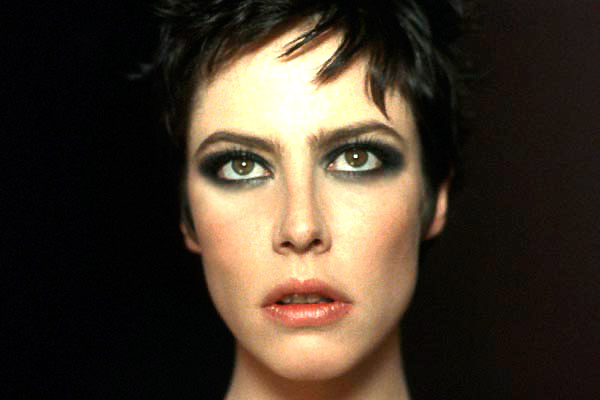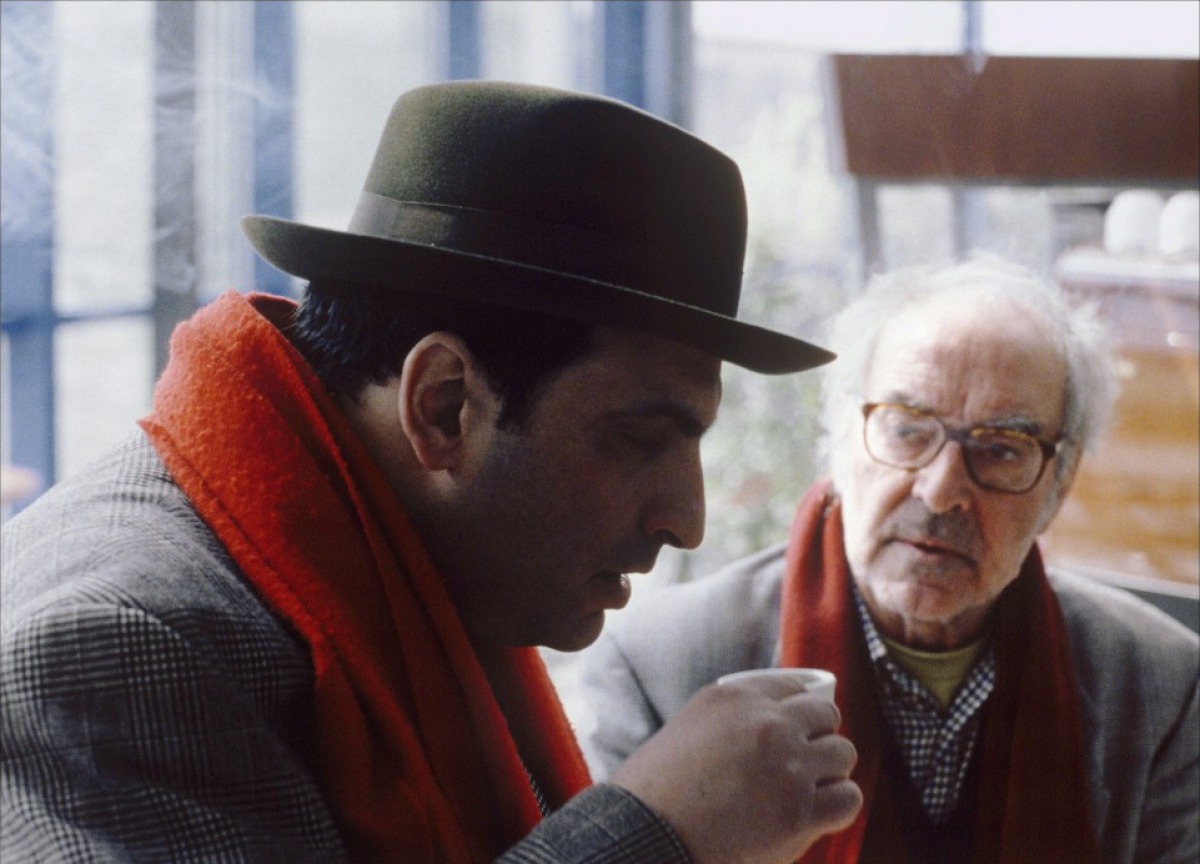On the New Renaissance (Philippe Grandrieux)
This was written in early 2003 at the invitation of Nicole Brenez for a French collection that she edited, La Vie nouvelle/nouvelle vision: à propos d’un film de Philippe Grandrieux (Éditions Léo Scheer, 2005), and she uses the French translation of it by Aïcha Bahcelioglu to lead off the book; the volume also includes a DVD of the film. — J.R.
I’ve witnessed and partly experienced two massive surges of interest in avant-garde cinema during my lifetime. The first, centered on North American films during the 1960s, was spearheaded by Jonas Mekas and P. Adams Sitney in New York; the second, centered on films in both Europe and North America around the turn of the century, has been masterminded as well as celebrated by, among others, Simon Field at the Rotterdam Film Festival and Nicole Brenez at the Cinémathèque Française.
I was slow in appreciating the first of these movements, in part because it tended to draw up battle lines between believers and atheists and was not very hospitable towards agnostics; for all that it accomplished, it was somewhat alienating to anti-institutional types such as Jack Smith and more pluralistic cinéphiles such as myself, who had trouble understanding why Marcel Hanoun was the only French avant-garde figure since the 20s admitted into Anthology Film Archives, which also managed to exclude such figures as Godard, Resnais, Rivette, and Straub-Huillet —- not to mention Lang and Mizoguchi — from its pantheon. Read more



